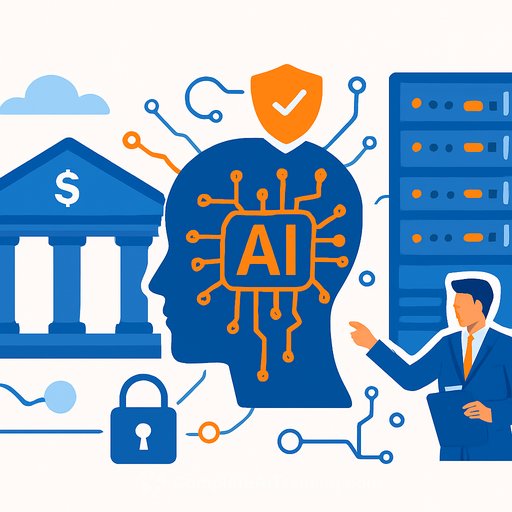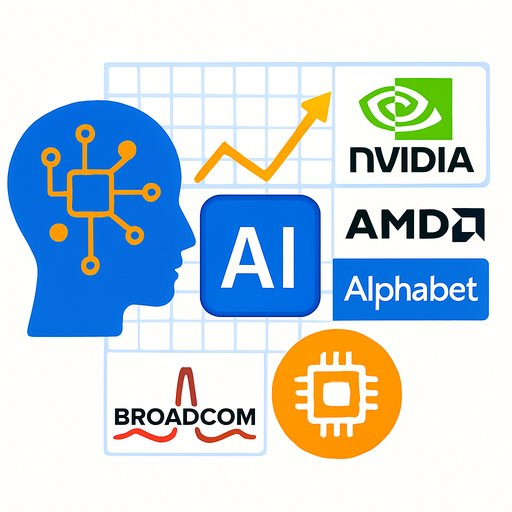The Truth About Using AI to Plan Your Retirement
Artificial intelligence (AI) can be a helpful tool for personal finance, but it’s not foolproof. It often gets key financial details wrong and can’t replicate the empathy, judgment, or personal connection a human adviser provides.
AI is smart, but not magical. Can you trust it to tell you how to invest your life savings, how much you can actually spend in retirement, or when to start taking Social Security? Many people are turning to AI chatbots for financial advice—nearly half in a 2024 Experian survey said they’ve done so. But a recent study found that AI gave incorrect or partially wrong answers 35% of the time when asked 100 personal finance questions.
AI tools are impressive and fast, but they struggle with complex, nuanced financial planning. Testing AI with real household budgets reveals repeated errors that users need to catch and correct. AI is here to stay and is reshaping finance, but human judgment remains essential.
Where AI Shows Up in Finance
AI excels at processing large amounts of data quickly. It can spot patterns, summarize conversations, and flag risks based on your investment or spending profile. Financial advisers already use AI for administrative tasks like compiling reports, analyzing data, and automating onboarding.
It also helps advisers track changing tax laws and model portfolio outcomes under different market conditions. This means advisers can spend more time focusing on human interaction—listening, interpreting, and guiding clients with empathy and judgment.
How AI Affects Real Financial Advice
AI is a useful research tool, but its results need verification. For example, AI might miss public records like recent home sales, leading to inaccurate property valuations. When AI generates recommendations, it often lacks explanation or follow-up to catch mistakes.
Top financial advisers treat AI as a time-saver, not a replacement. They cross-check AI outputs and never rely on it entirely. Financial planning involves values, preferences, fears, and trade-offs—elements AI can’t capture.
Could AI Make Advice Cheaper?
AI has already made some aspects of financial advice more efficient and affordable by automating repetitive tasks. This helps advisers serve more clients and potentially offer more competitive pricing.
However, clients pay for more than number crunching. They pay for personalized advice they can trust during market scares or major life decisions, such as paying off a mortgage or funding a wedding. That human insight remains the true value.
What About Robo-Advisers?
Despite their name, most robo-advisers don’t use true AI. They rely on set algorithms for tasks like automatic rebalancing or low-cost ETF allocation. Some use basic AI for tax-loss harvesting or simple personalization, but they don’t build a full financial picture.
Robo-advisers can suit people with straightforward needs but don’t confuse automation with comprehensive advice.
Will AI Replace Financial Advisers?
AI can’t sense when you’re quietly worried about retirement or pick up on money tensions between partners. It doesn’t understand unique family situations or emotional decisions.
For example, a client once wanted to buy a thoroughbred horse. Financially, it wasn’t ideal, but it mattered deeply to her. Her adviser didn’t just say no; they adjusted her plan to make it possible without threatening her retirement. AI would have flagged the purchase as a bad idea and moved on.
That’s the difference: human advisers integrate financial decisions with life’s emotional and personal context.
Can You Trust AI-Generated Advice?
Always ask how AI is used in the financial advice you receive. Are recommendations reviewed by humans? Is the data source reliable? Is the process transparent?
Platforms and advisers should be clear about their AI use. Clients deserve to know what’s happening behind the scenes. Good advisers use AI to support their expertise, not replace it.
AI Is a Tool, Not Your Adviser
AI is changing financial advice but not replacing it. It helps advisers work faster and stay organized, freeing them to focus on clients.
No matter how advanced AI gets, financial advice that fits your life requires human insight, trust, and judgment. Use AI to learn and explore options, but when making big decisions that shape your future, make sure there’s a human in the room with you.
For finance professionals looking to understand how AI integrates with financial advising, exploring targeted AI courses can be beneficial. Check out AI tools tailored for finance to see practical applications and training opportunities.
Your membership also unlocks:






